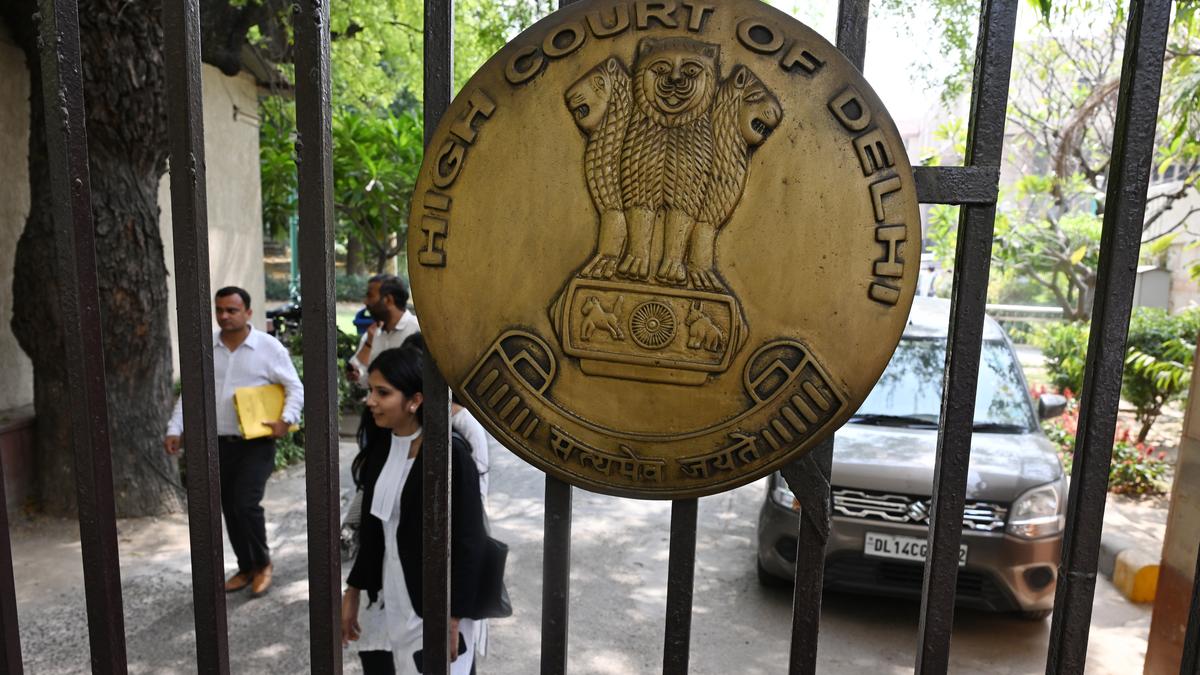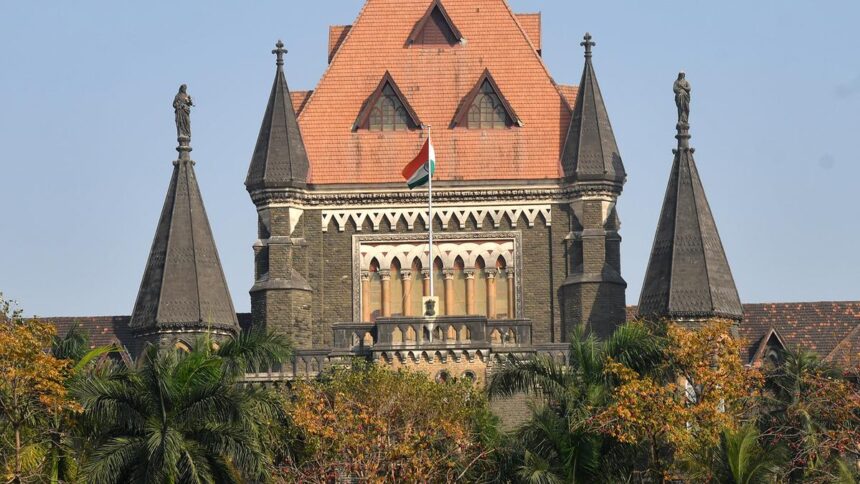
Once marriage stands dissolved, domestic relationship comes to an end, said the Delhi High Court.
| Photo Credit: File Photo
The Delhi High Court has upheld a family court order denying a woman the right to continue residing in her matrimonial home after her divorce, observing that such a claim could not be sustained “unless a contrary statutory right is shown to persist”.
The court, in its judgment passed on Thursday, said, “Once the marriage stands dissolved by a valid decree of divorce, the domestic relationship comes to an end. Consequently, the substratum upon which the right of residence is founded no longer survives.”
The court was hearing a plea moved by a woman challenging the decision of the family court, claiming that she had been living in the house located in Rohini since her wedding in 1999.
She argued that the property, initially purchased in her husband’s name and later transferred to his mother, was shifted under duress due to strained relations within the family.
The woman alleged acts of cruelty at the hands of her husband and in-laws, while also asserting that she and her family had contributed financially towards the purchase and construction of the house.
Her mother-in-law, however, maintained that she was the absolute owner of the property and had only allowed her son and daughter-in-law to stay out of “natural love and affection,” without creating any legal rights in their favour.
Taking note of the dissolution of marriage by a divorce in November 2019, the Family Court held that the woman no longer retained an enforceable right to remain in the premises.
The court said it found “no infirmity” in the order passed by the family court. It noted that in the absence of a matrimonial relationship, “the foundational requirement for invoking Section 17 of the PWDV (Protection of Women from Domestic Violence) Act is lacking”.
Published – August 23, 2025 01:38 am IST




















